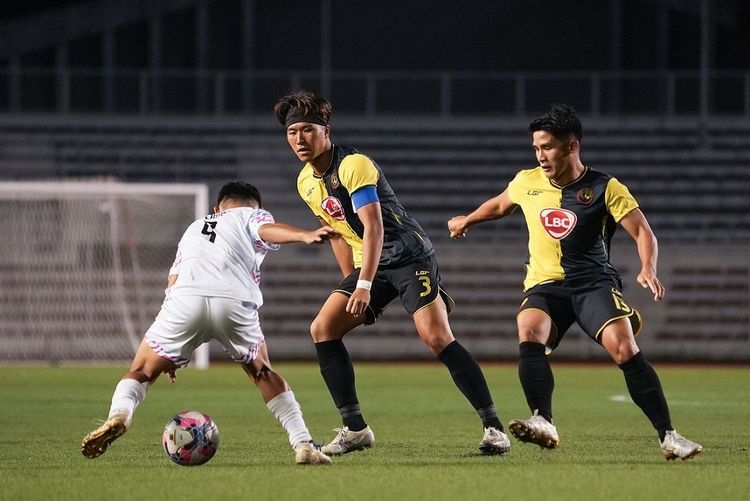'I have no problem investing in Indonesia, but football in the ...

So here we go again (or here we don’t). It turns out that the meeting between the owner of Johor Darul Ta’zim FC (JDT) Tunku Ismail Ibrahim and the Indonesian Football Association (PSSI) chairman Erick Thohir is rekindling talks of an Asean Super League (ASL).
It feels like 2017 all over again. In 2017, Tunku Ismail said: “I don’t agree with the ASL. I think we’re (Southeast Asian football) still young and we should focus on how it is done in Europe.”
“For now, the AFC Champions League is the highest target. The ASL is not really my cup of tea.”
Now, after the hyped-up fuss over how Erick has turned around Indonesian football for the better, and even invited Tunku Ismail to invest in Indonesia, I’m hearing talks that there could be movements asking fans to have an “open mind” following their commercial impositions for the “greater good”.
ASL aside, there’s this biting question of how, all of a sudden, Indonesian football looks like an attractive investment. I can’t think why.
The league hasn’t changed much. Their top teams are struggling with other Southeast Asian teams. And if their national squad is now a compelling powerhouse in the region, it is only because they are a leader in key areas such as … naturalisation.
If you want to invest in Southeast Asian football, there are obviously other options. My favourite investment candidate would be the Philippines.
The country is in the best position to really take off. Football in the Philippines is pretty much like rugby in Malaysia. It is historically played mostly by their European expatriates or foreigners. It is the fourth most popular sport in the country, after basketball, boxing, and collegiate female volleyball.
None of this is negative for Philippine football. Quite the opposite, actually. Football, in substance, is more like entertainment there, which is why you wouldn’t experience the kind of frenzy and pressures from rowdy, unforgiving football fans as in Indonesia or Malaysia. The traditional football fans in the Philippines are more productive in their criticisms and practical in their assessments, which paves the way for greater readiness and dexterity for innovation.
Of course, the football industry is not as lucrative as in Malaysia or Indonesia. In Malaysia, for instance, the football leadership will insist that the sport is worth a staggering RM650 million (US$145 million) industry.
However, the reality is that a large amount of public money is used to stimulate the football industry, making its value misleading and unattractive for private investment.
In the Philippines, and this is probably due to the sport being less popular and marginalised, football is entirely a privately run enterprise. The salary market of players is not inflated, and there is a routine understanding of commodification.
The foundation of a sustainable set-up is already there. These circumstances make the entry into the football market in the Philippines affordable and less risky compared to their neighbours.
In fact, a mere RM5 million (US$1.2 million) worth of investment into a club would likely position the club as the main contender for the league championship and qualification to the celebrated and money-making AFC Champions League.
What is equally critical for an overseas investment to take off and be of huge success is to have a reliable and trustworthy local partner.
For Tunku Ismail, the presence and partnership with Berjaya Philippines would certainly secure and reinforce the investment much further. With the depth of knowledge, experience, and money from Tan Sri Vincent Tan, this partnership could firmly blossom into another JDT.
So I’m wondering: why don’t we call for any potential investment to go to the Philippines? Let us tap the microphone to make sure it’s working and then, after declaring another football club in Manila, we cut a ribbon using a comedically large pair of scissors, so that the running and kicking can begin.
Mabuhay Johor!
Main image: Instagram/Kaya FC
































































![#SHOWBIZ: A.C.A.B drummer collapses on stage [WATCH]](/_largethumb/uploads/news/115/11563/8/11563830-showbiz-acab-drummer-collapses-on-stage-watch.jpg.webp)
![#SHOWBIZ: A.C.A.B drummer collapses on stage [WATCH]](/_newsthumb/uploads/news/115/11563/8/11563830-showbiz-acab-drummer-collapses-on-stage-watch.jpg.webp)

